Please welcome guest contributor, Matthew Young, as he shares 10 Hacks to Keep in Mind When Buying a Used Car.
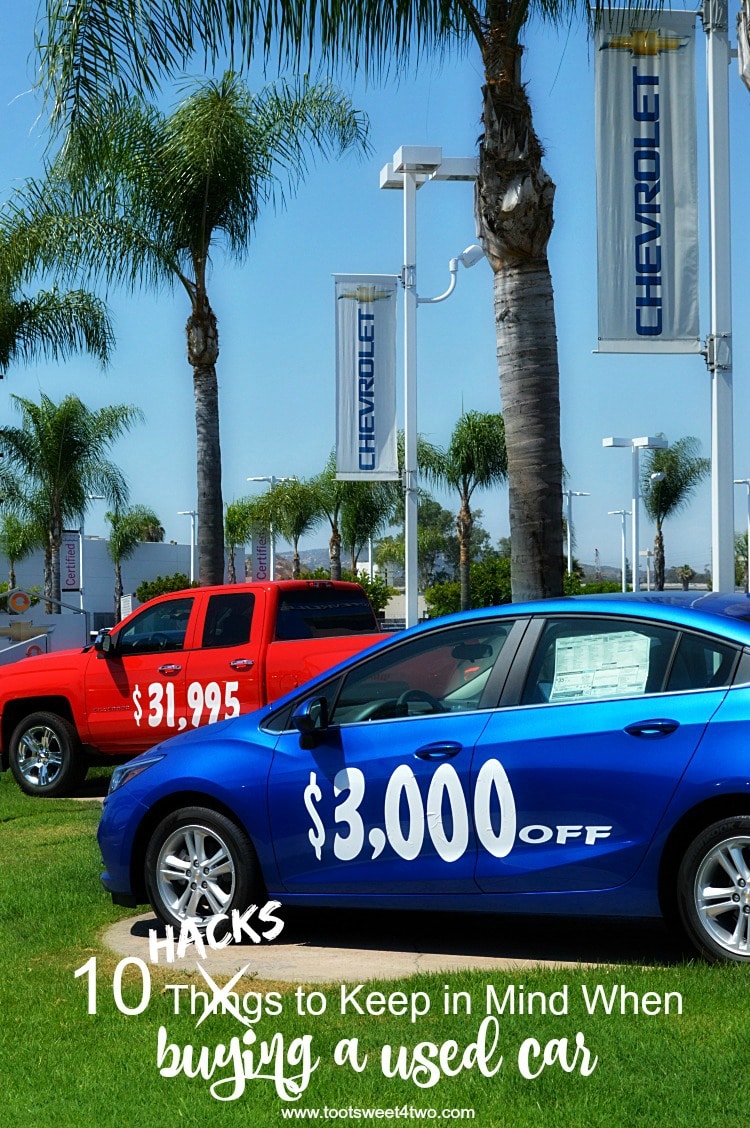
Setting out to find the perfect car is no easy task. And, it becomes a little harder when it involves finding the perfect used car. While there are pros and cons to buying new and used, the best bang for your buck is definitely with buying a used car. Here are some helpful tips for buying a used car and easing the pain of the used car buying experience.
Tip #1 – Set Your Budget
Before dreaming about your new car, sit down and crunch some numbers. Studies show that 36% of your gross income is attributed to debt, including items like a mortgage and car loan. With this in mind, try to allocate no more than 20 percent of your household income to all the cars in your household. Calculating a reasonable auto loan for your budget is simple with a few quick steps.
Several websites, such as bankrate.com, offer online calculators where you simply plug in your information and it does all the work for you. Coming up with a detailed budget is the best route. In doing so, you need to consider not only the monthly payment, but:
- operating costs of the car that includes routine maintenance and possible repairs
- gas
- insurance
Once you have determined the budget that is best for you, it’s time to figure out the type of car that best meets your needs.
Tip #2 – Consider the Kind of Car You Need
While we all fall victim to the razzle dazzle of the newest body style or model on the road, zeroing in on the car that is right for you is a little more challenging. Sometimes our budgets don’t fit with the dream cars we want. But, with a little careful calculation on what type of car you actually need (not want), you can find the perfect match and get the best of both worlds.
Everyone hates homework, but with buying a used car or even a new one, it is just as important as it was in school. Checking auto websites is a great place to begin when buying a used car. Enter information about a car you’ve noticed on the road or a car that someone you know drives that seems to be your style. See how it ranks in terms of functionality and what you look for in a car. Keep in mind that cheaper is not always better in terms of cars. A lower priced smaller sedan could cost you more in the long run if you over pack it and use it more like a full sized model.
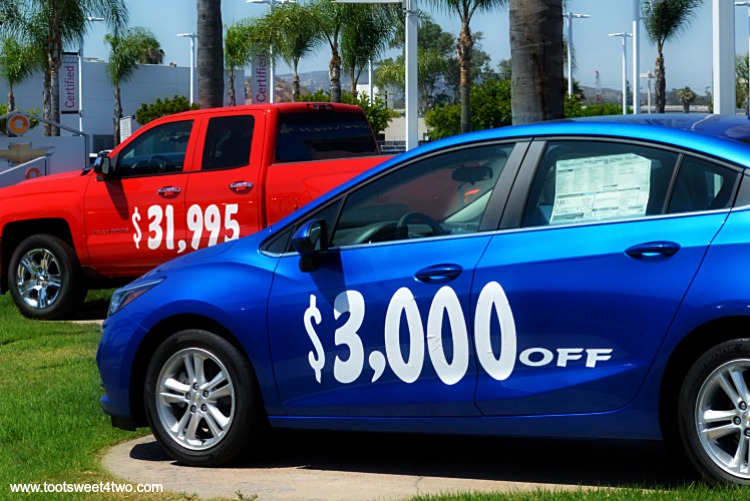
Tip #3 – Check Prices and Reviews
When checking manufacturer sites, look for MSRP, invoice price and features. It is vital to note the different trim levels on the model you choose. Depending upon the trim, the price may rise substantially for the model and make you desire. Other sites like kbb.com are great tools for finding an estimated value on specific cars. But, it is critical to know as many details about it as possible to acquire an accurate price. You can also find reviews of the car on this site and others that may provide insights into potential issues or overall summaries of its safety, resale value and performance.
Tip #4 – Locate Used Cars for Sale in Your Area
Obviously, a dealership is an easy place to find used cars in your neighborhood, but other destinations for buying a used car include auto auctions and private sellers. Here are a few pros and cons about buying a used car from these resources:
Dealership – Cons (The Down Side)
- dealerships boast the highest price tag
- salesmen receive a commission on any financing they generate, so be wary
Dealership – Pros (Advantages)
- convenience
- dealerships offer a warranty
- the ability to test-drive
- dealerships offer trade-ins
- a cooling-off period, where you have a grace period to bring the car back if you change your mind
Auction – Cons (The Down Side)
- you may only inspect the vehicle before the auction begins
- no test drive
- no warranty is provided
Auction – Pros (Advantages)
- at an auction, you will possibly get the best deal, as you pay the same trade prices like dealers do
Private Seller – Cons (The Down Side)
- no warranty
- no cooling-off period
Private Seller – Pros (Advantages)
- a private seller offers a negotiable price
- can test drive
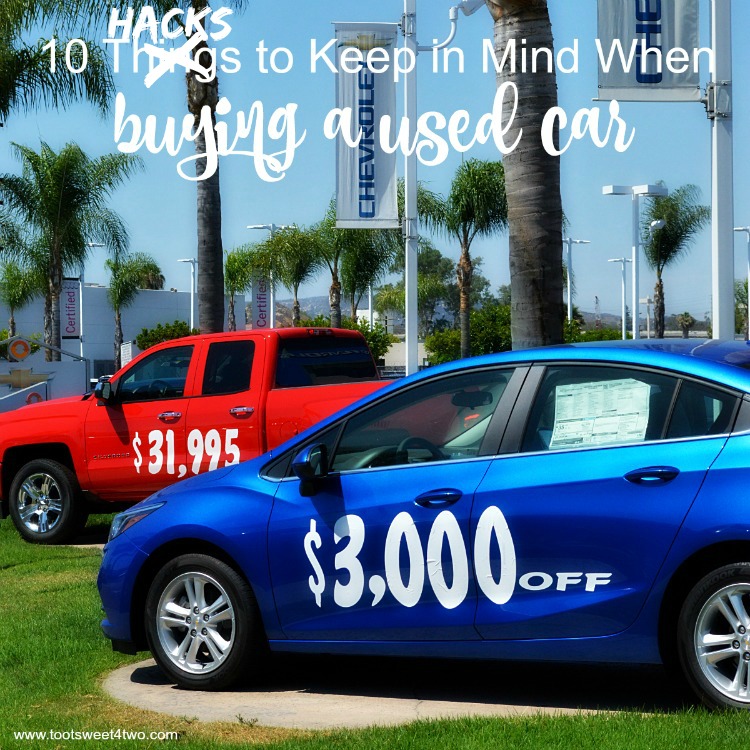
Tip #5 – Check Both the Vehicle History and Safety Report
With the provided vehicle identification number, VIN, you are able to find out a wealth of information about the car. Was it involved in a wreck? Is it salvaged? Was it regularly serviced? And, more. This provides a much clearer decision-making process for buying a used car when you have all the facts, and is essential if not using a dealership. However, you should never take a dealer’s word for it, but instead do your own research to be certain. You may even pay a fee to have a Car Data Check conducted which will find a more detailed synopsis of the history of the vehicle.
Tip #6 – Don’t Finance Through the Dealership and Find All Possible Discounts
As mentioned earlier, a dealer receives commissions or fees for each loan they provide regardless of whether or not it is through the car manufacturer or other financial institution, so buyer beware. Research the lowest car loans available and any and all promotional offers that might be out there. Sometimes there are even incentives for members of clubs and active or former military personnel.
Tip #7 – Factor in Tax, Title, Registration and Insurance Costs
When calculating the monthly payment, don’t forget to include the following:
- an allocation for incidentals and essentials like fees and taxes
- title and registration of the car you are purchasing
- as well as the price of insurance
Call your agent to get a quote to have an exact or as close to an exact insurance estimate as possible. To do this, be sure to provide them with detailed information that includes make, model, trim, engine and any pertinent information to distinguish it from similar models. Knowing this before you negotiate will go a long way towards realizing a monthly payment that really works for your wallet.
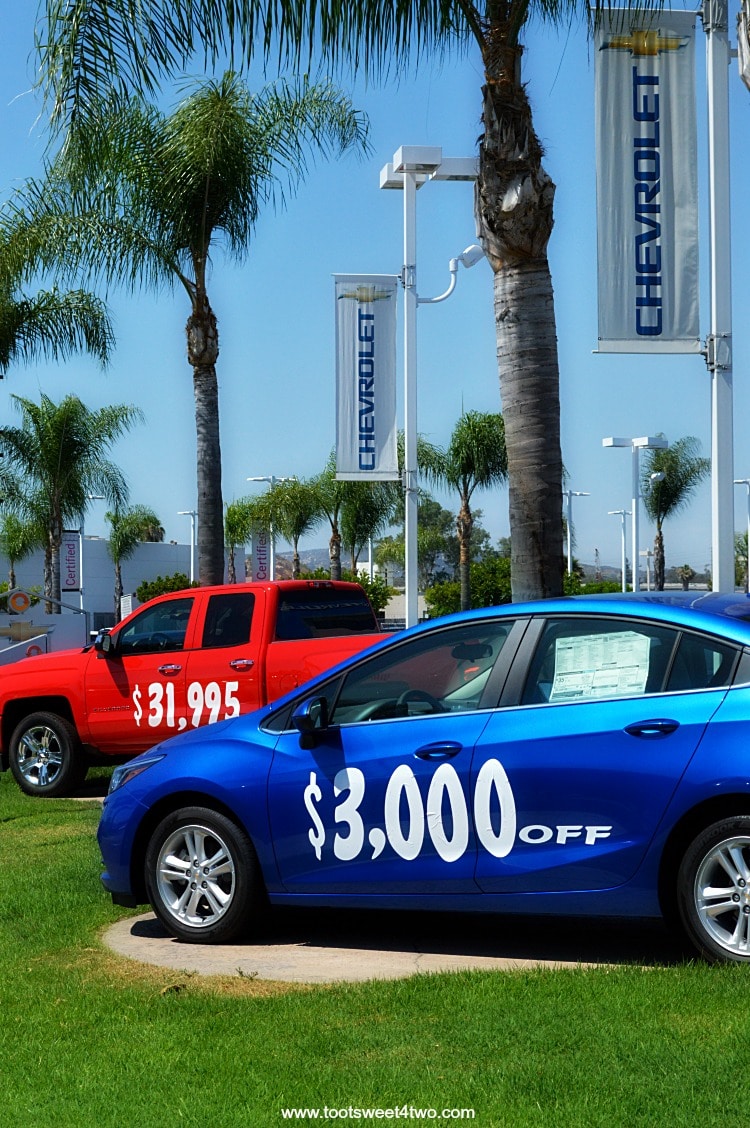
Tip #8 – Test-Drive the Car and Have it Inspected
If you are not familiar with what’s under the hood, take a trusted mechanic along for the ride. They will know what to look for and will be an invaluable asset in the process. Even if you aren’t a car expert, check under the hood that the engine looks clean and doesn’t show any visible leaks.
When test-driving the car, you can determine a lot about the manner in which it handles. If it tends to go to the left or right, there could be an alignment issue that needs addressing. Any strange noises could indicate engine problems, so take your time and drive in a route that closely resembles your typical trip.
Tip #9 – Contact and Communicate with the Seller
Ask lots of questions and learn as much as you can about the value of the car before doing so. If a seller has a hard time answering them, this may be a red flag. Some common pitfalls when purchasing a used car are:
- clocking – illegally winding back the odometer to lower the car’s mileage
- cloning – replacing one car’s identity with that of another one that is more expensive
- “cut-and-shut” – taking the remains of two-plus wrecked vehicles and creating one new car; “cut-and-shut” is especially dangerous as the cosmetic work is typically on-point and makes this hard to detect
These are just a few reasons why getting good answers to your questions is important.
Finding the perfect used car presents challenges. Make it easier with these 10 hacks to keep in mind when buying a used car. #usedcars Click To Tweet
Tip #10 – Negotiate Your Best Deal
When all is said and done, be sure you did your homework and research before heading into the negotiating room. Here are a few negotiating tips for buying a used car:
- have a budget in mind and stick to it
- bring documented evidence to cite car values
- provide some leeway for bargaining down from the seller’s asking price
- discuss repairs that may need to be addressed; decide if you will pay a lower price or will you agree to have the seller fix the car before the purchase
Be certain to agree to all of these minor details before signing on the dotted line. With a little work on your part, you might just find yourself driving the car you need with a little change left in your pocket.
 Author Bio: Matthew Young is an automotive reporter from Boston. As a freelance journalist with a passion for vehicles, Matthew writes about everything on 4 wheels, be it racecars, SUVs, vintage cars, you name it. When he is not at his desk writing, he can be usually found helping his dad in the garage. You can reach Matthew @mattbeardyoung.
Author Bio: Matthew Young is an automotive reporter from Boston. As a freelance journalist with a passion for vehicles, Matthew writes about everything on 4 wheels, be it racecars, SUVs, vintage cars, you name it. When he is not at his desk writing, he can be usually found helping his dad in the garage. You can reach Matthew @mattbeardyoung.
Other posts from Toot Sweet 4 Two’s archives:
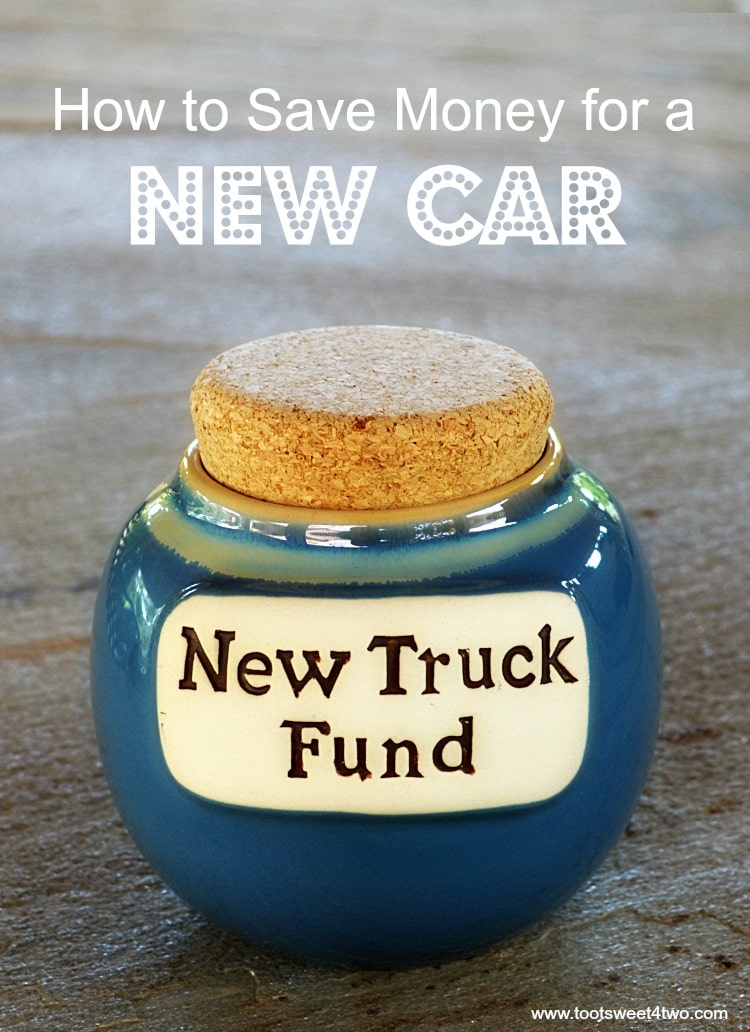
How to Save Money for a New Car
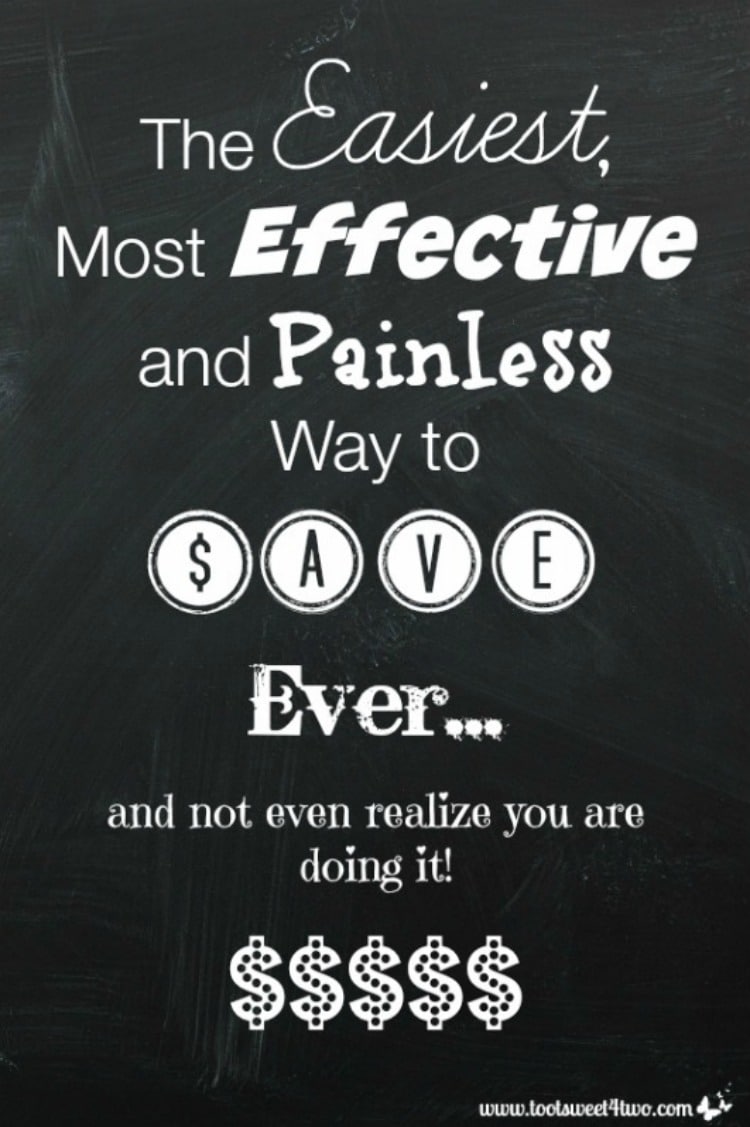
The Easiest, Most Effective and Painless Way to Save Ever

You Might Also Like:
21 Genius Car Cheat Sheets Every Driver Needs to See from BuzzFeed
Maximize Your Car’s Resell Value with this Checklist from Lifehacker
Used Cars Aren’t Money Pits. New Cars Are. from Jacob at I Heart Budgets
The article makes an exceptionally good point about how important it is to check on the used car’s history first. After all, you want to make sure that there are no hidden damages on the car or any major accidents in its history. It might also help to take the car for a test drive to make sure it is doing everything you need it to.
Good point. Thanks for stopping by and sharing!
I can definitely see why you would want to have a set budget when buying a used car. My wife and I have been wanting to get a car for our son who recently got a license. Hopefully we can find an affordable used vehicle that has a lot of excellent safety features.
Good luck on your car search for your son and thanks for visiting!